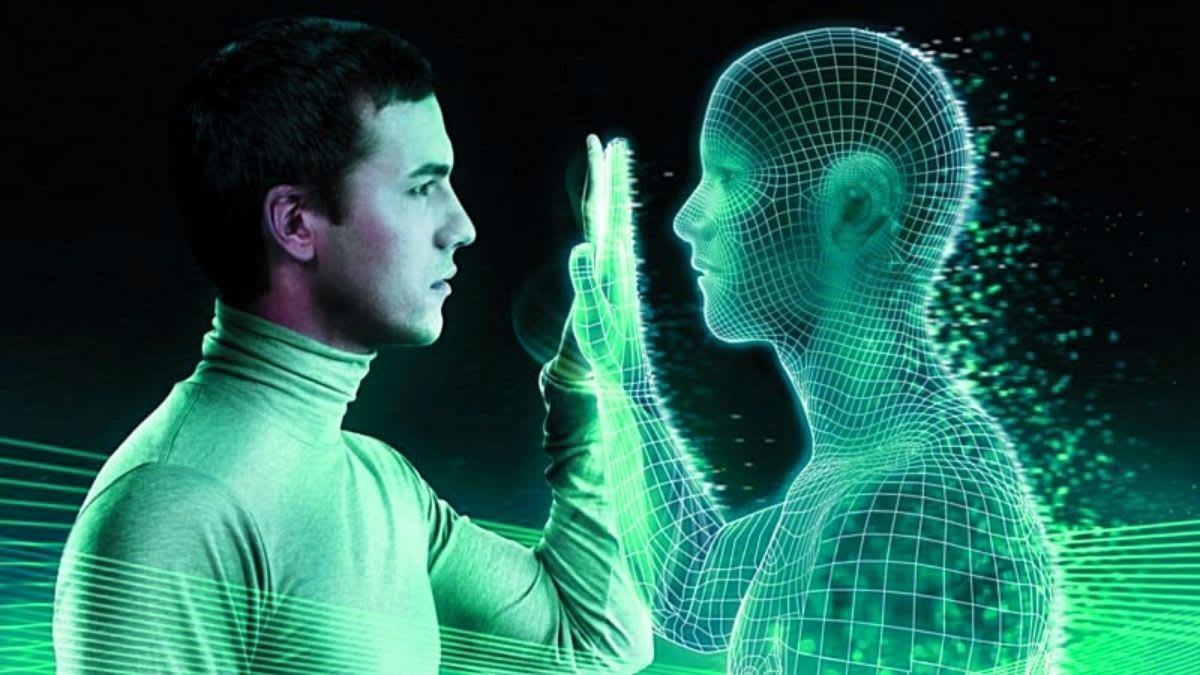For those who read my previous post "Are we living in a simulation?", this is a synopsis of what the Simulation Hypothesis is.
The Simulation Hypothesis: Are We Living in a Virtual Reality?
Imagine for a moment that the reality you perceive is not the ultimate reality but a sophisticated simulation created by an advanced civilization. This concept, popularized by philosopher Nick Bostrom in his seminal 2003 paper, posits that it is not only possible but highly probable that we are living in a simulated universe. While this might sound like science fiction, there are compelling arguments that make the simulation hypothesis a serious topic of discussion among scientists and philosophers alike.
The Basics of the Simulation Hypothesis
The simulation hypothesis hinges on a few key premises:
Technological Advancement: If a civilization reaches a level of technological advancement capable of creating highly detailed and complex simulations, they would likely do so for various purposes, such as research, entertainment, or even historical recreation.
The Likelihood of Simulations: Given the vast number of potential simulated realities that could be created, the probability that we are living in the original "base" reality is exceedingly low. We are more likely to be one of many simulations.
The Awareness Factor: If we are in a simulation, it stands to reason that not everyone within it would be aware of this fact. In fact, most simulated beings might never suspect it, living their lives blissfully unaware of their true nature.
Signs We Might Be in a Simulation
Several intriguing observations can make one ponder whether our universe is a simulation:
Mathematical Precision: The laws of physics in our universe are remarkably precise and can be described mathematically. This precision hints at the possibility of underlying code, much like the rules governing a computer simulation.
Quantum Weirdness: Phenomena in quantum mechanics, such as particles existing in multiple states until observed (superposition) and being entangled over vast distances, defy classical explanations. These oddities might be explained by the mechanics of a simulated universe.
Cosmic Fine-Tuning: The constants of nature are finely tuned to allow for the existence of life. This could suggest that the universe was designed with purpose, much like a simulation would be.
Information Theory: Some physicists suggest that the universe behaves in ways similar to information processing systems. For example, the maximum information storage of a region of space appears to be proportional to its surface area rather than its volume, reminiscent of data storage in computers.
Awareness: The Key to the Simulation
While the notion of a simulated reality can be mind-boggling, it is essential to consider the implications for awareness. If we are indeed in a simulation, why do only some people seem to entertain this idea while others dismiss it outright?
Cognitive Dissonance: The idea that our reality is not "real" can be unsettling. For many, it's easier to reject the simulation hypothesis than to grapple with its existential implications.
Philosophical Openness: Individuals who are open to philosophical exploration and questioning the nature of existence are more likely to entertain the simulation hypothesis. This openness often leads to deeper inquiries into the nature of reality.
Scientific Curiosity: Those with a keen interest in the frontiers of science and technology may find the simulation hypothesis a plausible explanation for some of the universe's mysteries. They are more willing to consider unconventional ideas.
Cultural Influence: Popular culture, including movies like "The Matrix," has introduced the concept of simulated realities to a broader audience. Those influenced by such media may be more receptive to the idea.
What If We Are in a Simulation?
If we accept the possibility that we are living in a simulation, several profound questions arise:
Purpose and Meaning: Does knowing we are in a simulation change the purpose or meaning of our lives? Can we find fulfillment and significance even within a simulated existence?
Ethical Considerations: How should we treat our reality and each other if we suspect we are in a simulation? Does it diminish the value of our experiences, or does it enhance the preciousness of every moment?
Future Implications: If we are in a simulation, what happens when the simulation ends? Is there an afterlife or a higher level of reality awaiting us?
Conclusion
While the simulation hypothesis remains a topic of debate, it serves as a powerful reminder of the limits of human understanding and the boundless potential for discovery. Whether we are in a base reality or a sophisticated simulation, the quest for knowledge and the exploration of our existence continue to drive us forward. For now, perhaps the best course of action is to live as if our experiences are real and meaningful—because, in many ways, they are.

